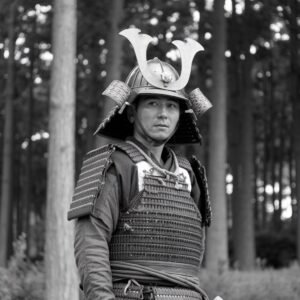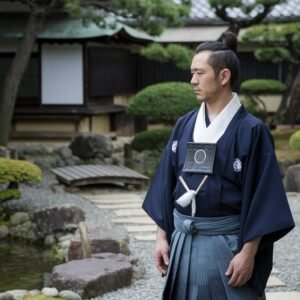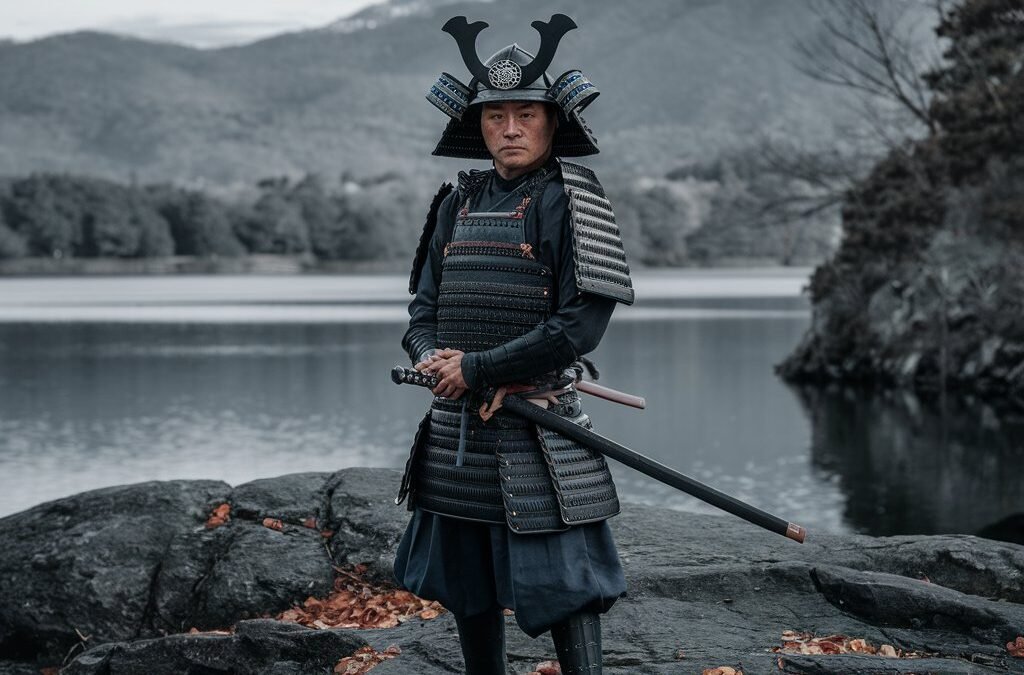When one thinks of Japan, a land of timeless beauty and tradition comes to mind. Among its many cultural treasures, the samurai hold a special place. These warriors, clad in shimmering armour and bound by an unshakable code of honour, shaped Japan’s history and continue to inspire worldwide. But who were the samurai, and what made their legacy so enduring?
Emerging around the 10th century, samurai began as provincial warriors tasked with defending noble estates. Over time, they grew into a powerful class, not just through their martial prowess but through their strict adherence to bushido — the “way of the warrior.” This code emphasized virtues like loyalty, discipline, and courage, ideals that resonated beyond the battlefield.
One of the most striking aspects of samurai life was their weaponry. The katana, a curved, razor-sharp sword, was not just a tool of war but a symbol of the warrior’s soul. Meticulously crafted by master swordsmiths, each blade carried the weight of its wielder’s honour. Alongside the katana, samurai often wielded a shorter companion sword, the wakizashi, completing a pair known as daishō.

Yet, the samurai were more than warriors; they were cultured individuals who valued art, literature, and philosophy. Many practiced calligraphy and poetry, blending the sharpness of their swords with the grace of their words. This duality of strength and refinement set them apart and solidified their place in Japanese society.
The samurai era officially ended in 1868 with the Meiji Restoration, as Japan transitioned into a modern state. Despite this, the samurai spirit lives on. From popular culture to modern Japanese values, the influence of these legendary warriors is undeniable.
The golden age of the samurai coincided with the rise of iconic leaders like Minamoto no Yoshitsune and Oda Nobunaga, who not only demonstrated strategic brilliance but also upheld the ideals of bushido. Their stories of triumph and sacrifice are a testament to the enduring human spirit. Even today, their tales inspire countless individuals to lead lives of integrity and purpose.

In the Edo period, a time of peace and stability, samurai adapted to new roles as administrators and scholars. Their embrace of education and governance helped lay the groundwork for Japan’s modern transformation. This evolution reflects a profound lesson: adaptability and lifelong learning are key to staying relevant and impactful, a principle that resonates deeply with students pursuing Japanese language and culture.
As you embark on your journey at SatoriQuest Academy, remember that learning Japanese is not just about mastering a language; it’s about connecting with a culture that values harmony, perseverance, and the pursuit of excellence. The samurai’s legacy reminds us that with dedication and discipline, we too can achieve greatness while contributing to the greater good.
Today, as you wander through Japan’s ancient castles or admire the intricate details of samurai armour in museums, you can feel the echoes of a time when honour was a way of life. Their story isn’t just history; it’s a timeless reminder of dedication, resilience, and the pursuit of excellence.
At SatoriQuest Academy, we draw inspiration from such remarkable histories to foster learning that transcends boundaries. Just like the samurai balanced strength and wisdom, we believe in merging disciplines to help you achieve your own satori — that moment of true insight.
Explore the journey, live the legacy.
– Onkar Paldhe (Founder & CEO SatoriQuest Academy)



